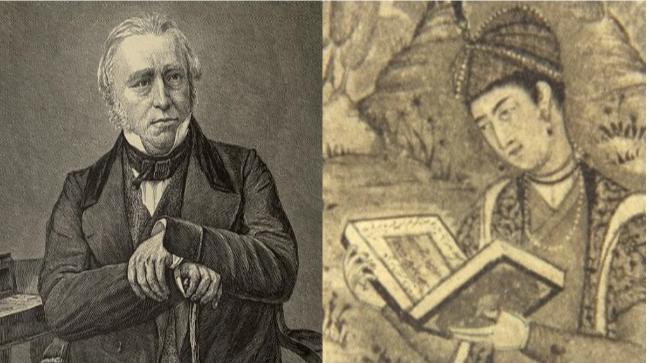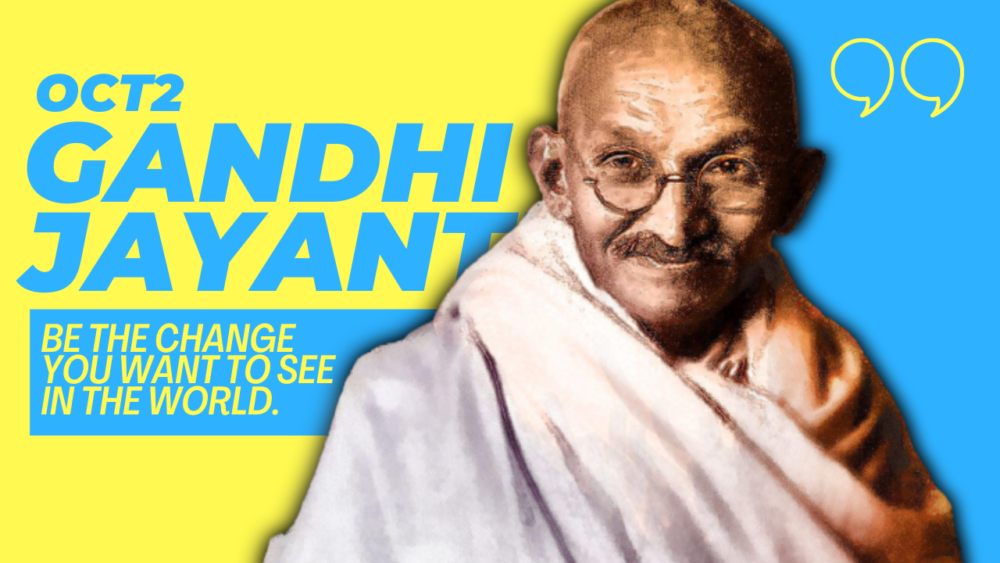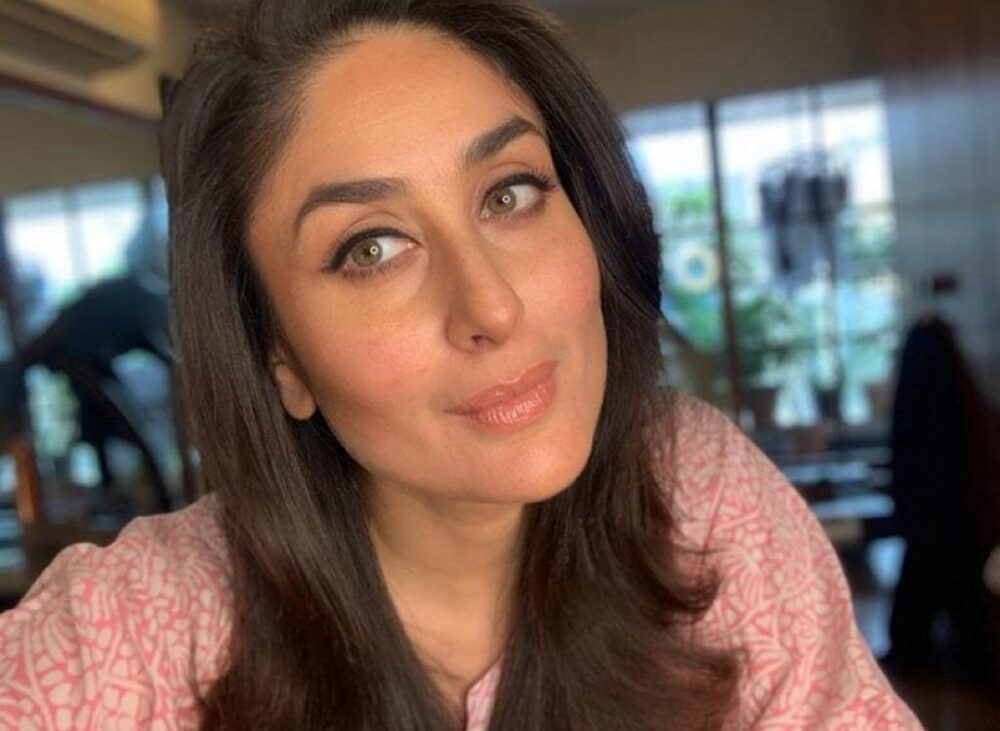The traditions of learning and education in India are as old as the history of civilization. Although, the changes in this system have been sluggish but compared to core ideologies from the beginning of the education system, the current education system has witnessed a gradual and phenomenal change.
Education has been embedded in the core beliefs of Indian culture for the development of character in a child and to achieve enlightenment through knowledge to seek salvation. The intellectual enrichment of children was always among the foremost priorities in Indian culture. If we look closer, we find that the Evolution of the Indian Education System can be Segregated into three broad phases, namely:
- The Vedic Education System
- The Islamic Education System
- The English Education System
1. The Vedic Education System
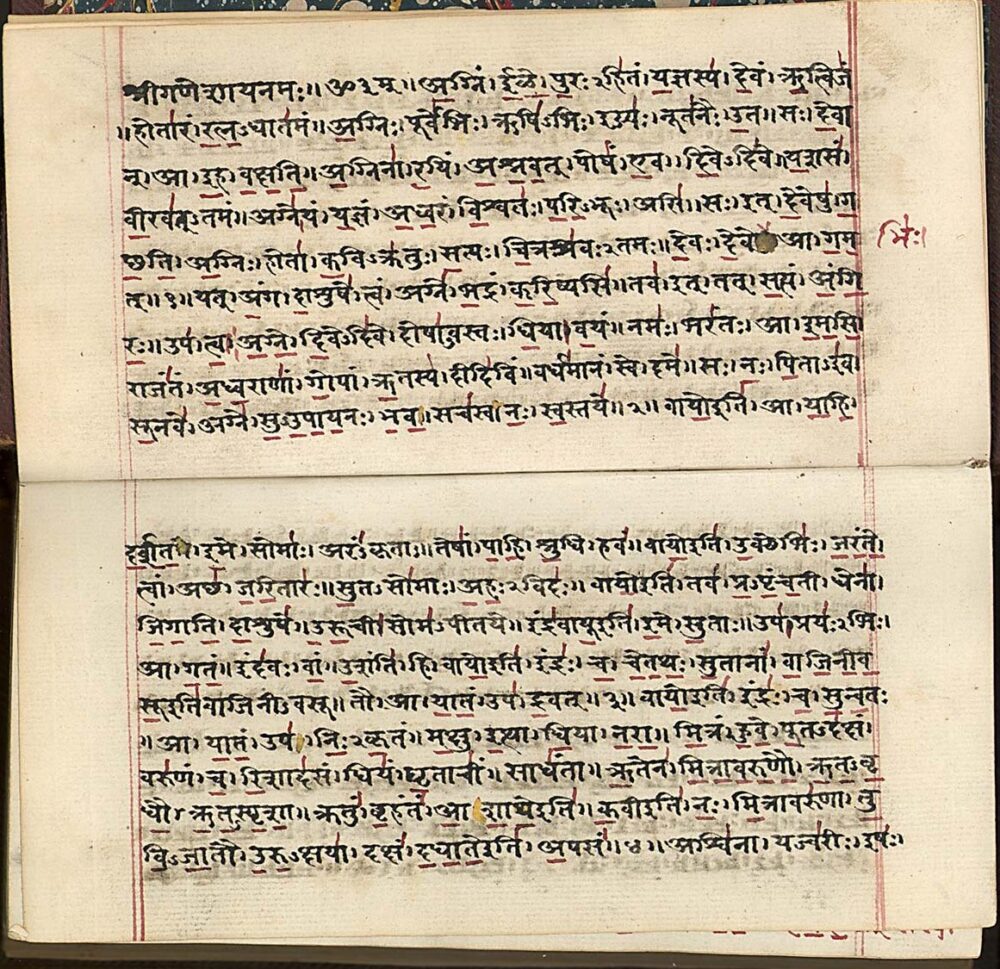
In the popular consensus, it is believed that the Vedic Education System emerged around 1500BCE and lasted till 500BCE, although the influence of the Vedic education system can be witnessed till the 13th century A.D. The Vedic education emphasized upon two ideas of Knowledge: “this-worldly knowledge” and the “Other-worldly knowledge”, through sets of four Vedas- Rigveda, Samveda, Yajurveda, and Atharvaveda. The core of Vedic education was to achieve high ideals in an individual’s life through self-realization. Realization means Knowledge and experience which starts with knowing the self. Self does not mean the individual, instead, it is the supreme self. The influx of spiritual and religious teaching became the source of the origin of Hindu philosophy.
The Vedic education system was imparted to the student, called Shisyas under the supervision of “Guru”, in a secluded place, far away from the urbanization, known as Gurukul. Student life was considered as a life of Tapasya or Meditation. A student, being a Brahmacharya has to develop virtues like morality, brahmacharya (celibacy) sacrifice, simplicity, honesty, service, dutifulness, modesty, freedom from conceit. Also, a student should give up bad habits like an indulgence, selfishness, luxury, enjoyment, pleasure, etc. He had to develop purity of character. However, the Vedic education system is also responsible for the division of society into Varnas(Caste). Thus, Gurukuls were only open to the Upper castes of the Indian society and the overwhelming masses were denied any formal education.
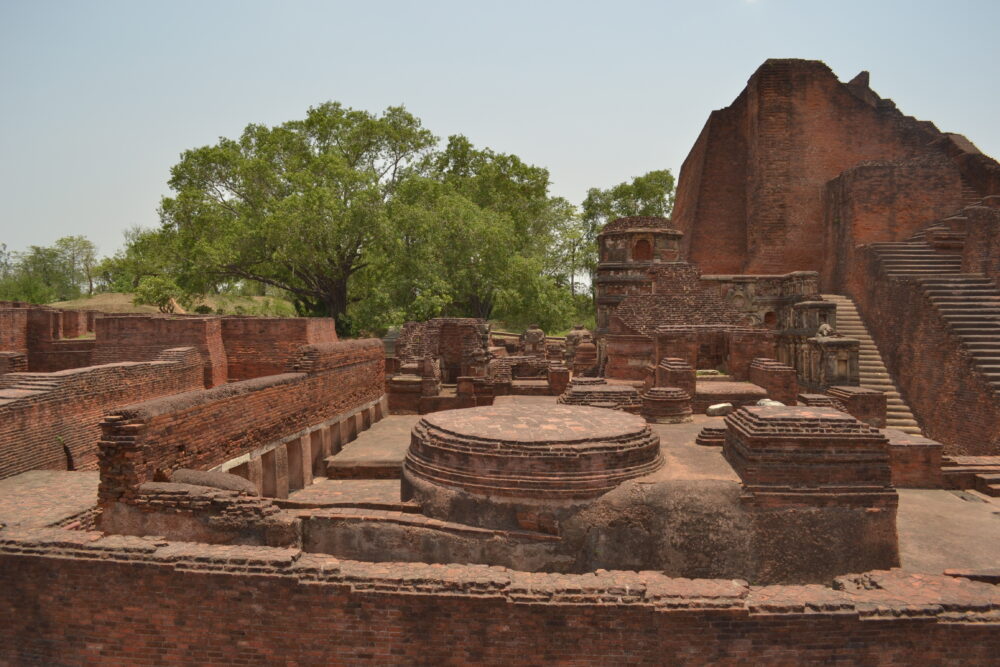
With the expansion in Intellect in the Vedic culture, new ideologies and enlightenment were sought as a result Buddhism and Jainism culture came into existence. As time progressed places of higher learning like Nalanda and Takshila were established under the patronage of multiple rulers. Scholars from around the world visited these renowned institutes in pursuit of knowledge. For the greater part of ancient history, these institutes were the breeding ground for the teaching of traditional elements such as Indian religions, Indian mathematics, Indian logic. This education system is credited for producing eminent scholars like Aryabhatta, Bhaskara I, Kautilya, Brahmagupta and many more.
2. The Islamic Education system
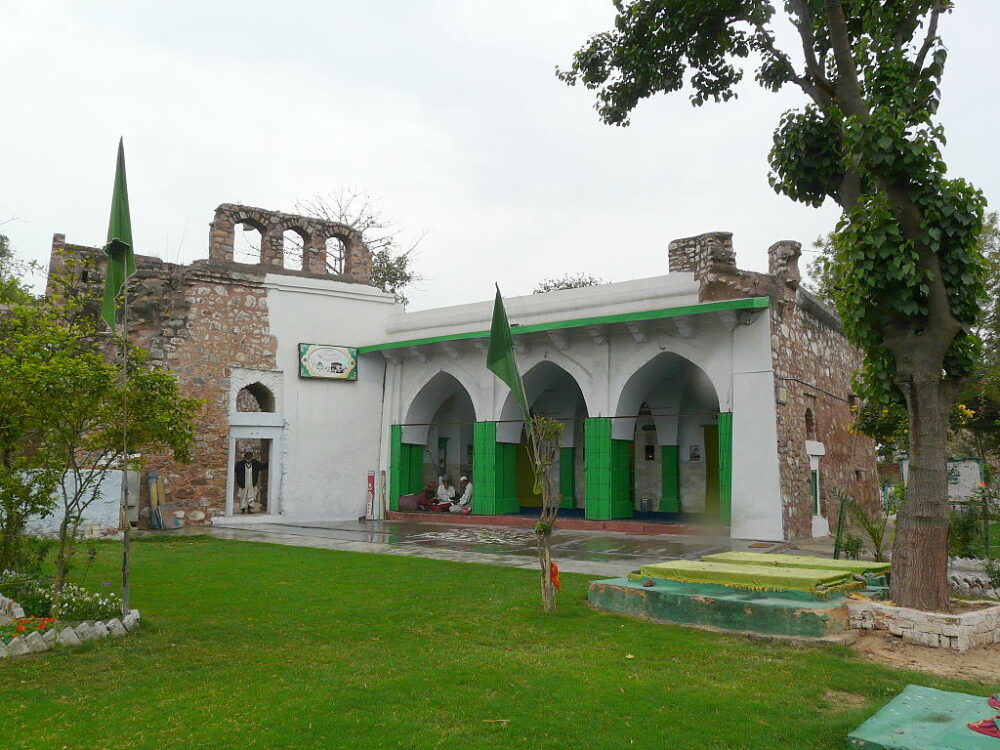
After the conquest of the Indian Subcontinent by the Muslims during the Late Medieval period and Early Modern period, the traditional methods of education were deeply influenced by Islamic teaching. Ruler of the Delhi Sultanate such as Qutb-ud-din Aybak and other Muslim rulers initiated institutions that imparted religious knowledge. Scholars such as Nizamuddin Auliya and Moinuddin Chishti were credited for the establishment of Islamic monasteries attracting students from Bukhara and Afghanistan to study humanities and science in India.
Traditional madrassas and Kuttabs were the Islamic center for teaching grammar, philosophy, mathematics, and law influenced by the Greek traditions inherited by Persia and the Middle East before Islam spread from these regions into India. This traditional Islamic education led to great emphasis on the connection between science and humanities.
The entire duration of the course was ten to twelve years. Persian was the court language, thus used as the medium of instruction in these institutions.
The Islamic Education system also transformed with time and with the advent of the Mughal empire a broader approach was adopted in the educational system adding courses like medicine, agriculture, geography, and texts from other languages and religions. The traditional science during this period was shaped by the ideas of Aristotle, Bhāskara II, Charaka, and Ibn Sina. The origin of Urdu was a result of an eloquent amalgamation of Hindu students with Persian teachings.
A large part of Muslim Reign witnessed prosperity and advancement in the field of education although this was an era of perpetual wars and conflicts among cultures and rulers like Aurangzeb, adopted strict and orthodox Muslim education policies that relegated the educational reforms by razing down Hindu temples and educational institution and erecting Mosques, Maktabs and Madrasahs on their ruins.
The foremost aim of Islamic education was to spread the light of knowledge. The Prophet said “seek knowledge from the cradle to the grave” and “acquire knowledge even if it be in China”. “Knowledge is nectar and salvation is impossible without it.” The Islamic education system influenced many prominent personalities like Ibn Batuta, Tansen, Abu Fazl, Kabir, Amir Khusrav, Al-Beruni, Firdausi, and many more.
3. The English Education System

After the British East India Company began its expansion in the Indian subcontinent, a need for utilitarian education was felt for the common masses to enhance the communication between the British rule and its subject. In 1834, Lord Thomas Babington Macaulay proposed a new set of reforms for the Re-education of Indian intending to develop a sustainable and productive relationship between the Englishmen and the Indians. The introduction of the English language in the curriculum along with science and mathematics were considered utilitarian subjects while subjects like metaphysics and philosophy were considered unnecessary.
These reforms also confined teaching to classrooms and the link with nature was broken, as also the close relationship between the teacher and the student witnessed in the traditional education system. These reforms later came to be known as Macaulayism and became the basis of or current education system in India. Wood’s Education Despatch – 1854, a document of immense historical importance, is a long document dealing with several questions of great educational importance.
In the preceding years, several commissions were set up for the contemplation of the Indian Education system. Although, the core objective of these commissions was ingrained with the notion of generating more skilled manpower for fuelling the evergrowing Industrialisation of the era.
The colonial-era education system continued to prevail up until two decades,post-independence. In 1968, the Indira Gandhi government brought the first National Policy on Education Based on the report and recommendations of the Kothari Commission (1964–1966) proposing Radical restructuring of the Education system to achieve national integration and greater cultural and economic development.
In 1986, the second national policy of education was implemented by the government led by Rajiv Gandhi. The new policy focused on “special emphasis on the removal of disparities and to equalize educational opportunity,” especially for Indian women and the backward classes of society. Various significant measures were taken to achieve these goals of social integration like scholarship policies, adult education, and demand for a child-centered approach in primary education.
The Third and, the most recent New Education Policy was announced by the government in 2020, under the leadership of Narendra Modi. The changes proposed in these policies allow the student to be flexible in their pursuit of Knowledge while calling for an emphasis on the upliftment of Mother’s tongue. It also suggests, a revision of the curriculum and pedagogical structure from a 10+2 system to a 5+3+3+4 system design to elevate learning for students based on the intellectual development of children.
Read more: New National Education Policy Approved By The Cabinet: All You Need To Know
Despite all these policies the current scenario of education is still struggling,

according to the 2011 census, the country’s mean years of schooling at 5.12 years significantly below the average for all developing countries(7.09 years), and the literacy rate in India was found to be 74.04 percent. These numbers indicate the long struggle ahead, but prominent policies of the Indian government—the Sarva Shiksha Abhiyan in 2001 and the Right of Children to Free and Compulsory Education (RTE) Act, 2009 has seen education preferences rise amongst households and catalyzed improvements in the educational venture.


